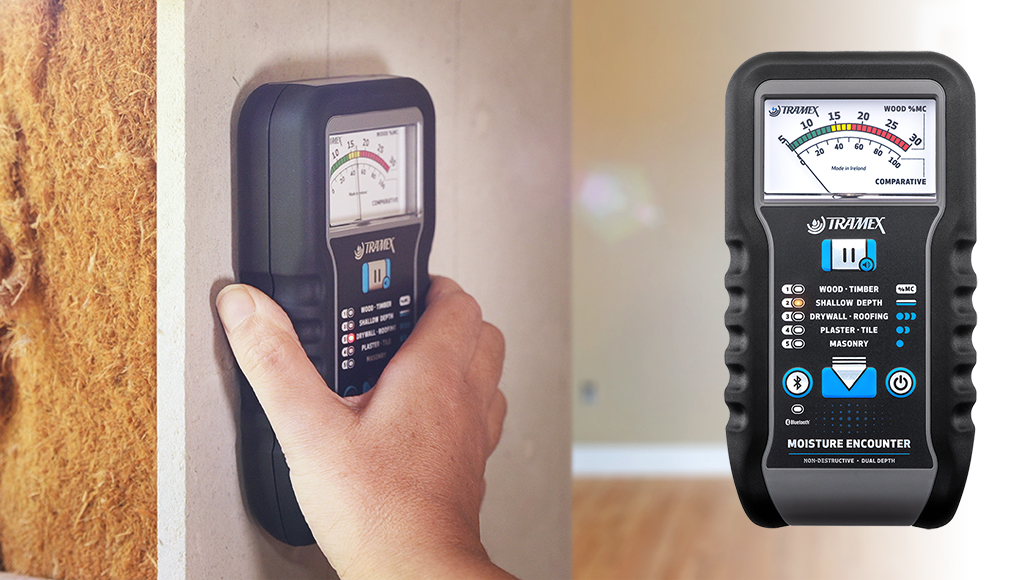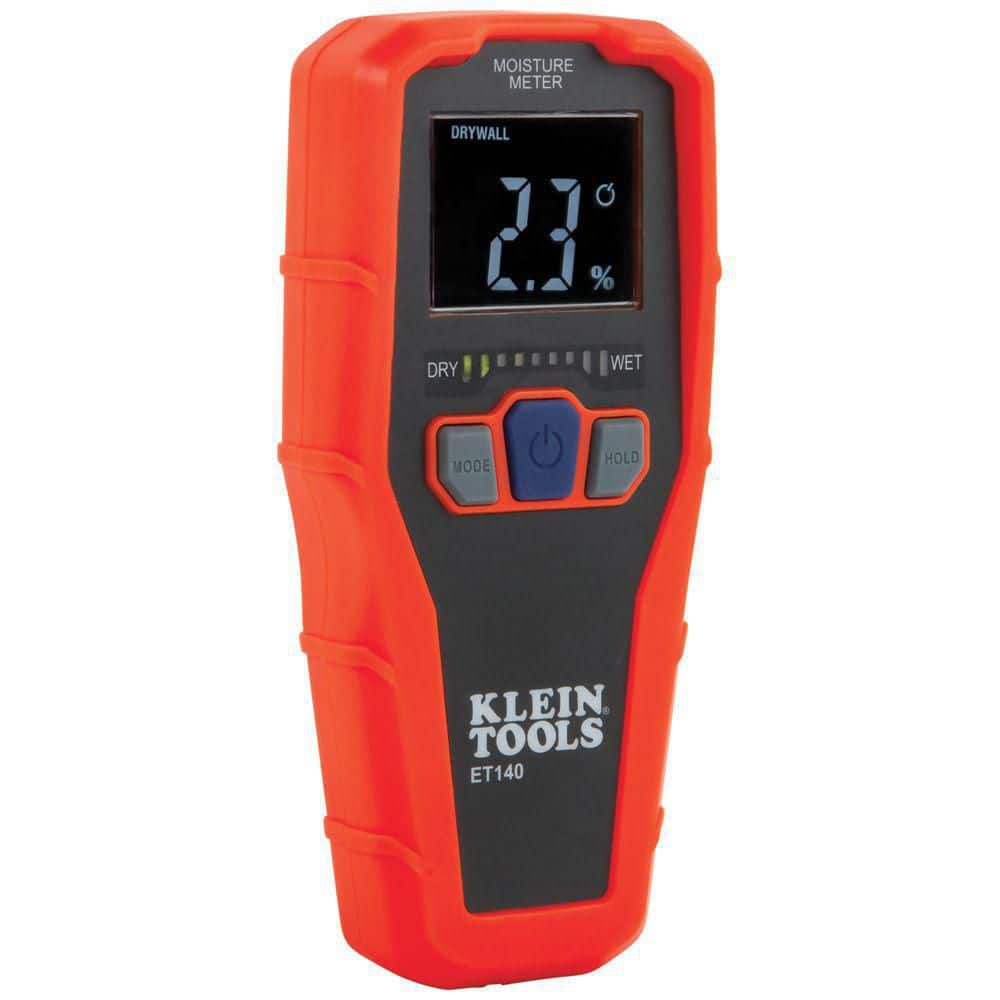How a Moisture Meter Can Boost Your Construction Projects and Protect Against Damage
How a Moisture Meter Can Boost Your Construction Projects and Protect Against Damage
Blog Article
The Ultimate Overview to Dampness Meters: A Comprehensive Review and Just How They Can Save You Money
Moisture meters offer as important tools in detecting and keeping an eye on moisture material in products, helping in protecting against expensive damages and making certain the top quality of products. Comprehending the nuances of different types of wetness meters, their applications, and the possible cost-saving benefits they provide can be a game-changer for organizations and professionals alike.
Kinds of Dampness Meters
Numerous kinds of moisture meters are available for various applications in different sectors. One common kind is the pin-type dampness meter, which determines the electric resistance between two pins inserted right into a product. This kind is ideal for wood, drywall, and other building materials. Pinless moisture meters, on the various other hand, usage electro-magnetic sensor plates to scan a larger location without creating damages to the material's surface area. Moisture Meter. These meters are ideal for quickly evaluating moisture levels in huge locations such as wall surfaces and floorings.

Infrared wetness meters measure the thermal homes of a product to establish its moisture web content non-invasively, making them helpful for applications where pin or pinless meters might not be suitable. Understanding the different kinds of moisture meters available can aid markets pick the most suitable tool for their particular moisture measurement requirements.

Advantages of Making Use Of Wetness Meters
Moisture meters supply vital advantages in accurately assessing and checking moisture degrees in diverse materials and settings. One of the key advantages of making use of dampness meters is the avoidance of potential damages created by excess moisture.
Moreover, using dampness meters can lead to enhanced energy performance. In agricultural settings, dampness meters play a critical duty in maximizing crop returns by making it possible for farmers to monitor soil dampness levels and make informed irrigation decisions.
Just How to Pick the Right Wetness Meter
When choosing a wetness meter, it's crucial to ensure that the meter is appropriate for the specific material you will be screening. Various materials have varying electrical residential or commercial properties that can affect wetness readings, so selecting a meter made for your product is crucial for precise results. By carefully reviewing these factors, you can select a moisture meter that fulfills your demands and offers exact moisture dimensions for your tasks.
Correct Methods for Dampness Meter Use

Expense Financial Savings Via Moisture Meter Applications
How can the strategic usage of moisture meters lead to considerable expense savings across various sectors? Dampness meters play a crucial duty in price financial savings by protecting against possible damage and guaranteeing quality assurance in different fields. In the farming market, moisture meters aid in determining the optimum time for gathering crops, protecting against excess or over-drying wetness that can impact the end product's high quality. This precise surveillance assists farmers avoid unneeded losses and maximize their return.
In a similar way, in building, dampness meters assist prevent pricey problems by detecting wetness levels in structure products, such as wood or concrete, which can cause Visit Your URL structural issues if not addressed immediately. By identifying issue locations at an early stage, specialists can take corrective steps to stay clear of comprehensive repair services or substitutes, ultimately saving money and time.
In addition, in the food processing sector, dampness meters are important for checking product high quality and making certain compliance with safety and security guidelines. By properly measuring moisture material in foodstuff, producers can protect against spoilage, keep freshness, and minimize waste, leading to substantial price savings. In general, the calculated application of dampness meters is a valuable investment that can bring about considerable expense reductions and enhanced effectiveness throughout different industries.
Conclusion
Finally, wetness meters are useful tools for identifying and gauging dampness levels in various products. By making use of the appropriate wetness meter and complying with appropriate techniques, users can properly protect against pricey damages caused by excess moisture. Buying a top quality dampness meter can cause considerable price financial savings in the lengthy run by determining potential concerns early on and making it possible for timely removal. Eventually, moisture meters are essential tools for preserving the integrity and durability of products and frameworks.
Wetness meters offer as essential tools in discovering and keeping an eye on moisture web content in materials, assisting in avoiding expensive damages and making sure the quality of items. Infrared moisture meters measure the thermal properties of a material to determine its dampness content non-invasively, making them helpful for applications where pin or pinless meters might not be appropriate.Dampness meters use invaluable advantages in accurately analyzing and checking moisture degrees in varied materials and address environments. In agricultural settings, moisture meters play a crucial role in maximizing crop returns by enabling farmers to keep track of dirt dampness levels and make educated watering choices.In final thought, wetness meters are beneficial devices for finding and determining moisture levels in various products.
Report this page